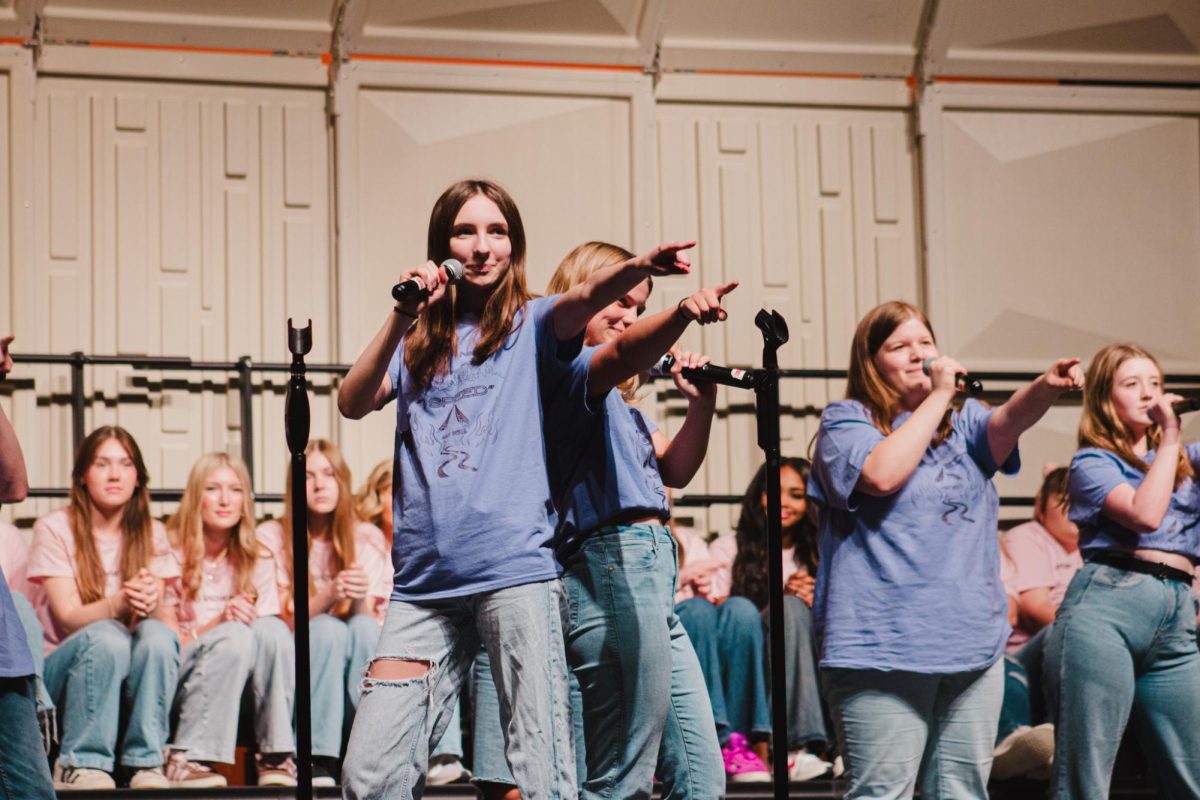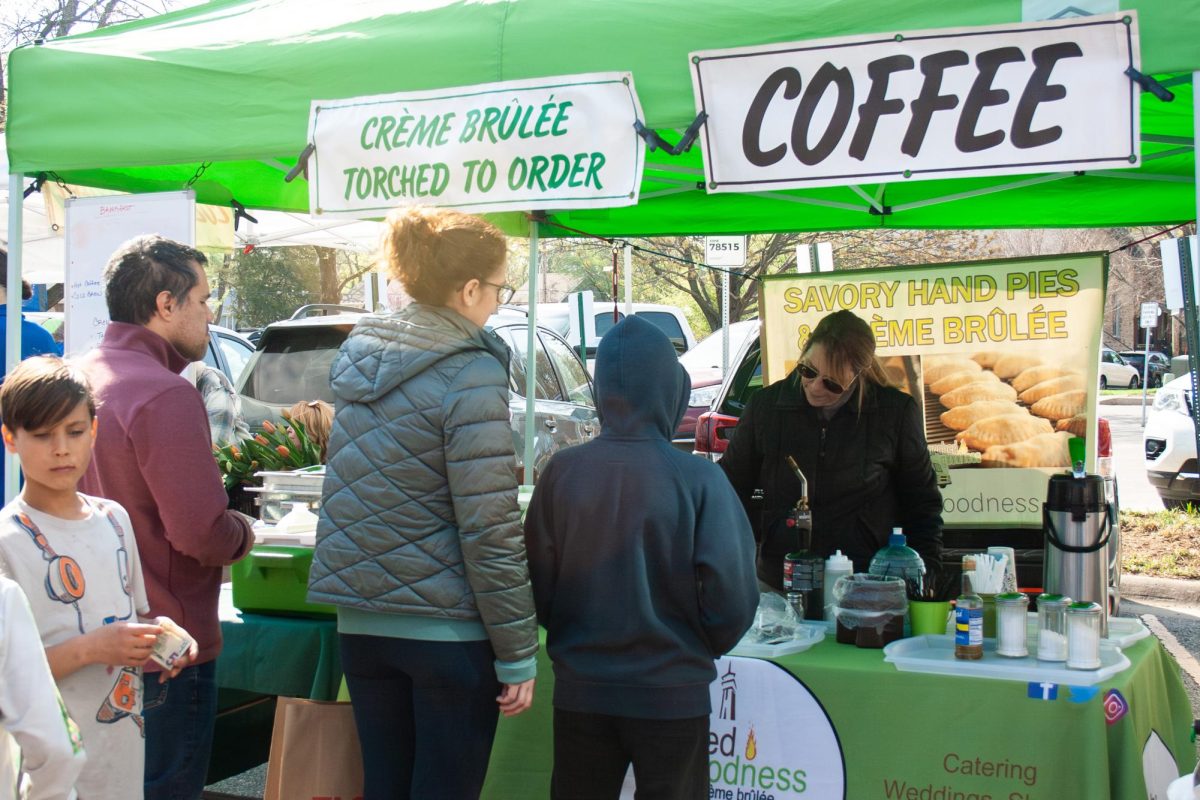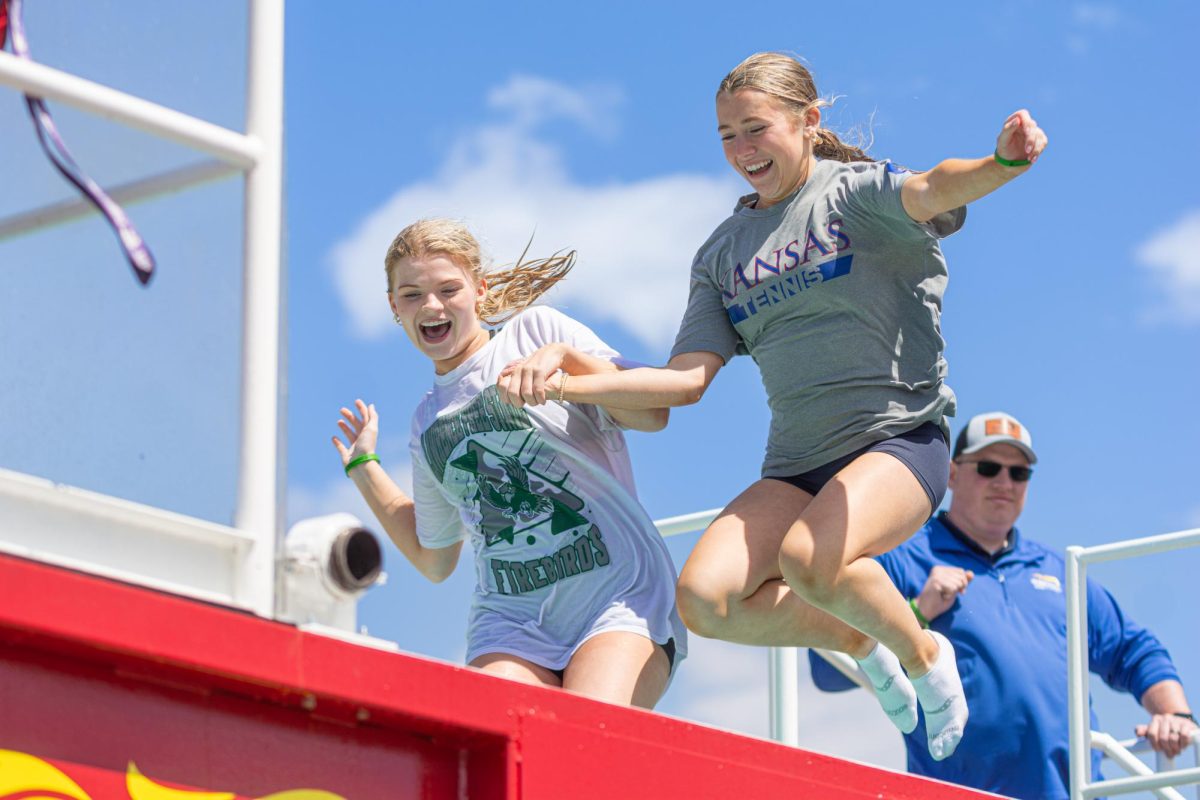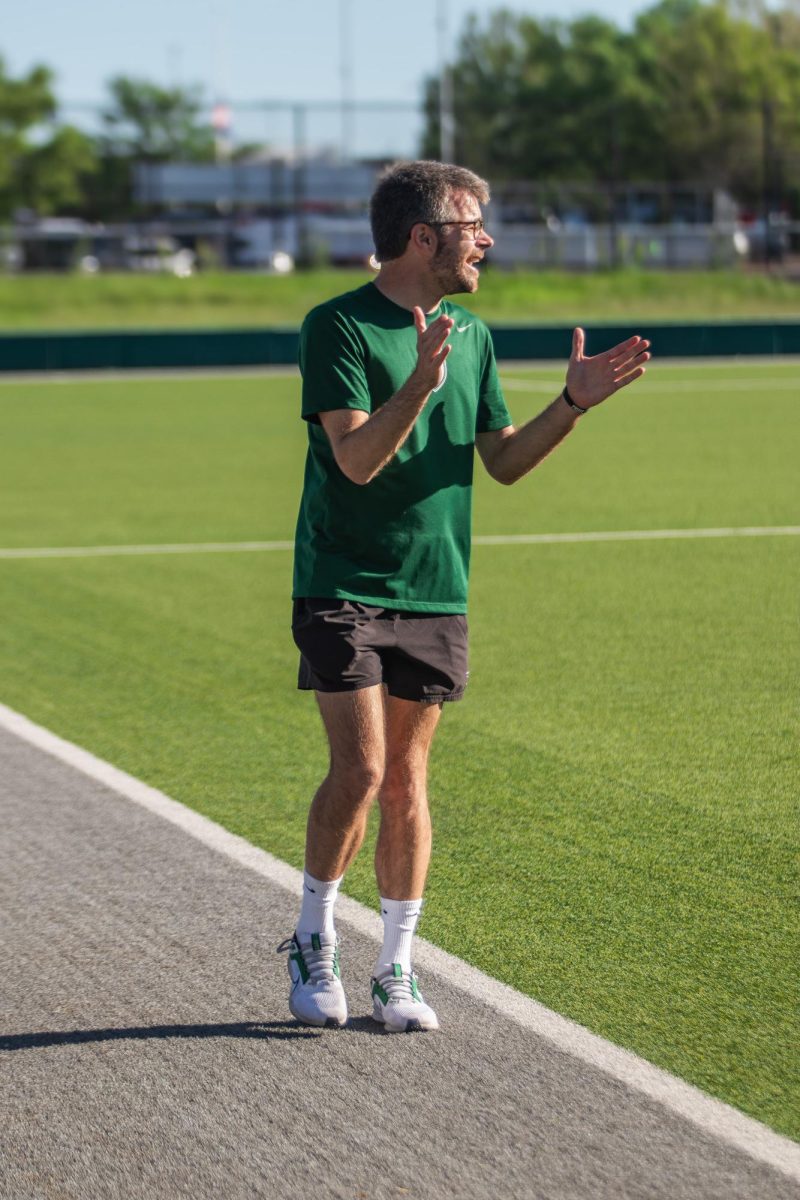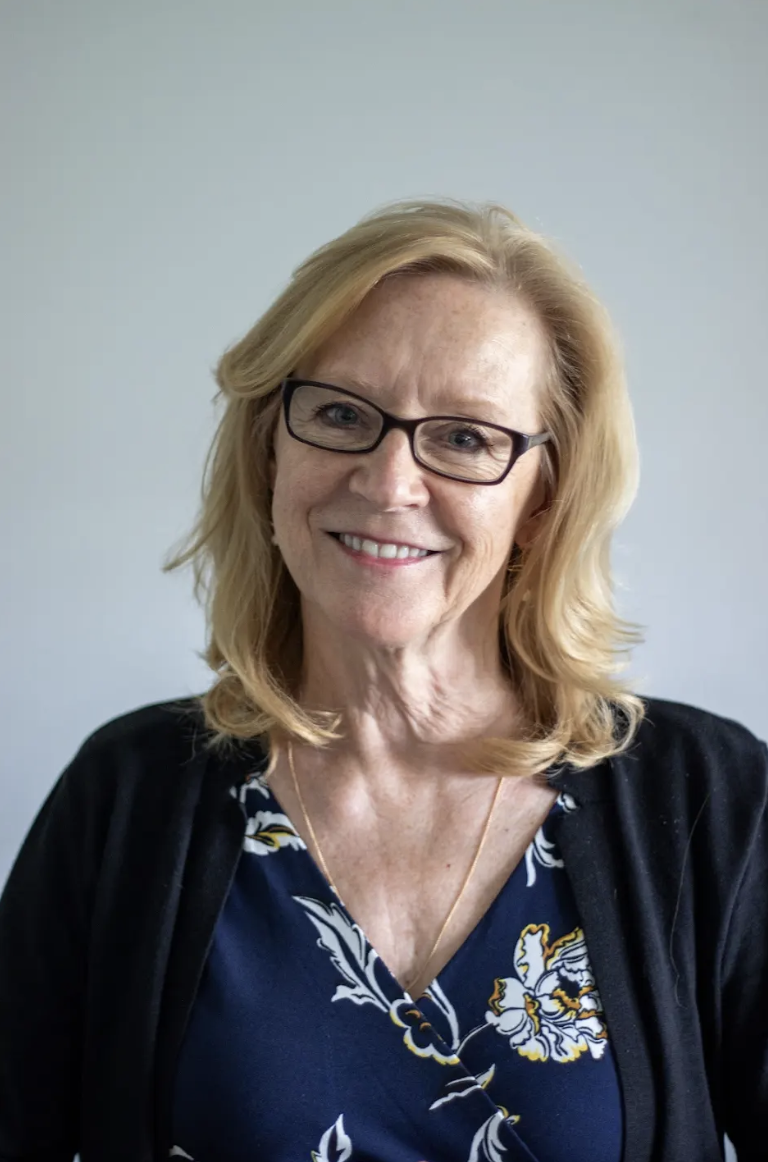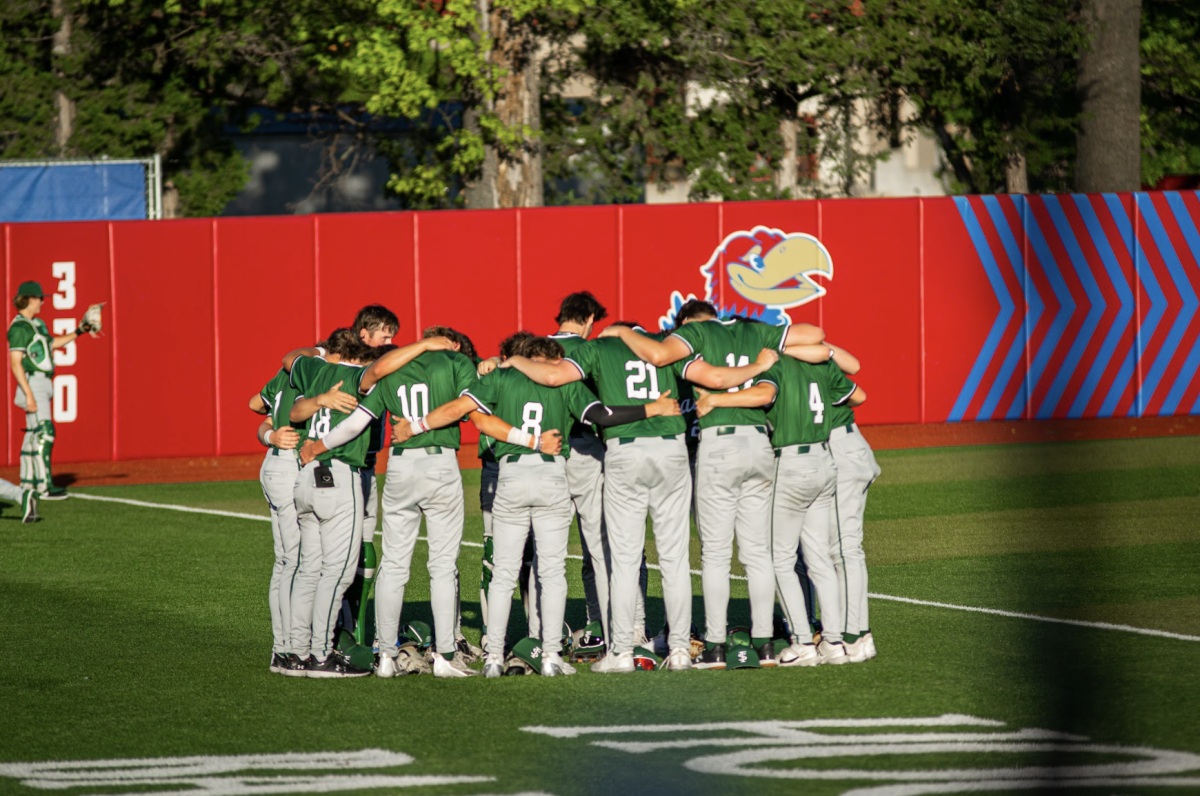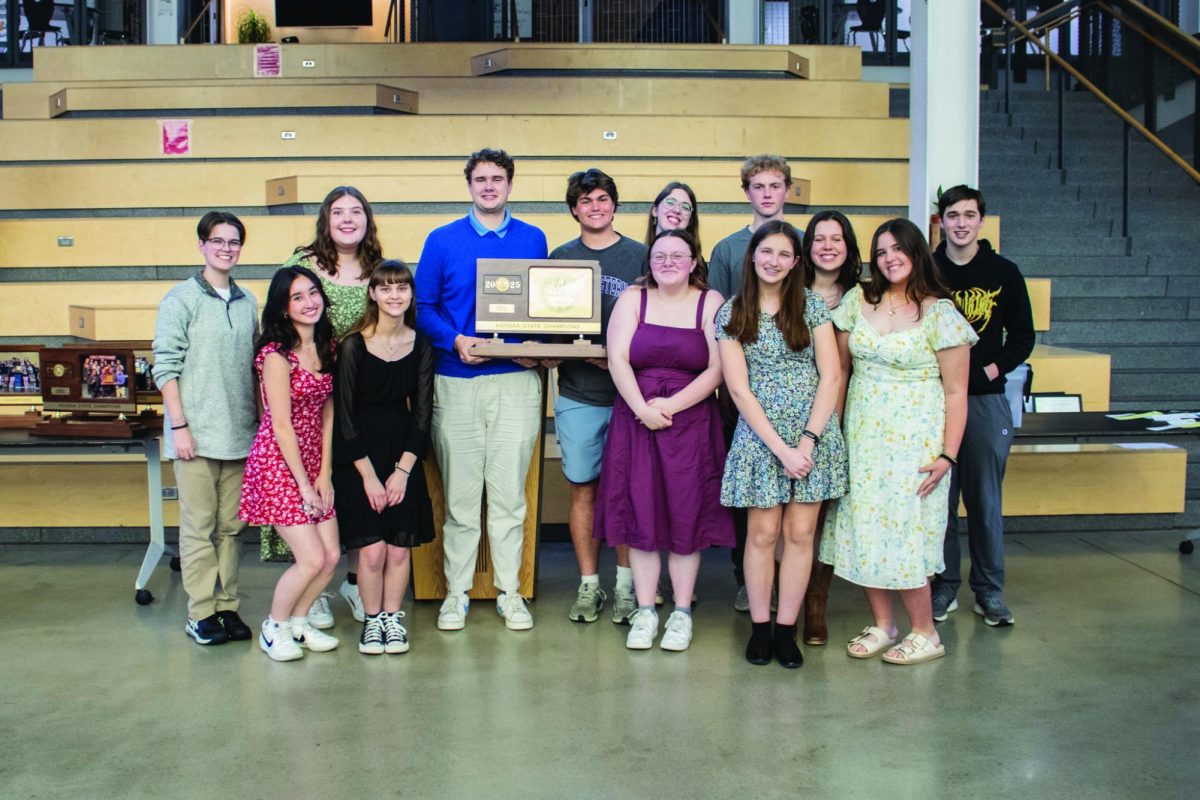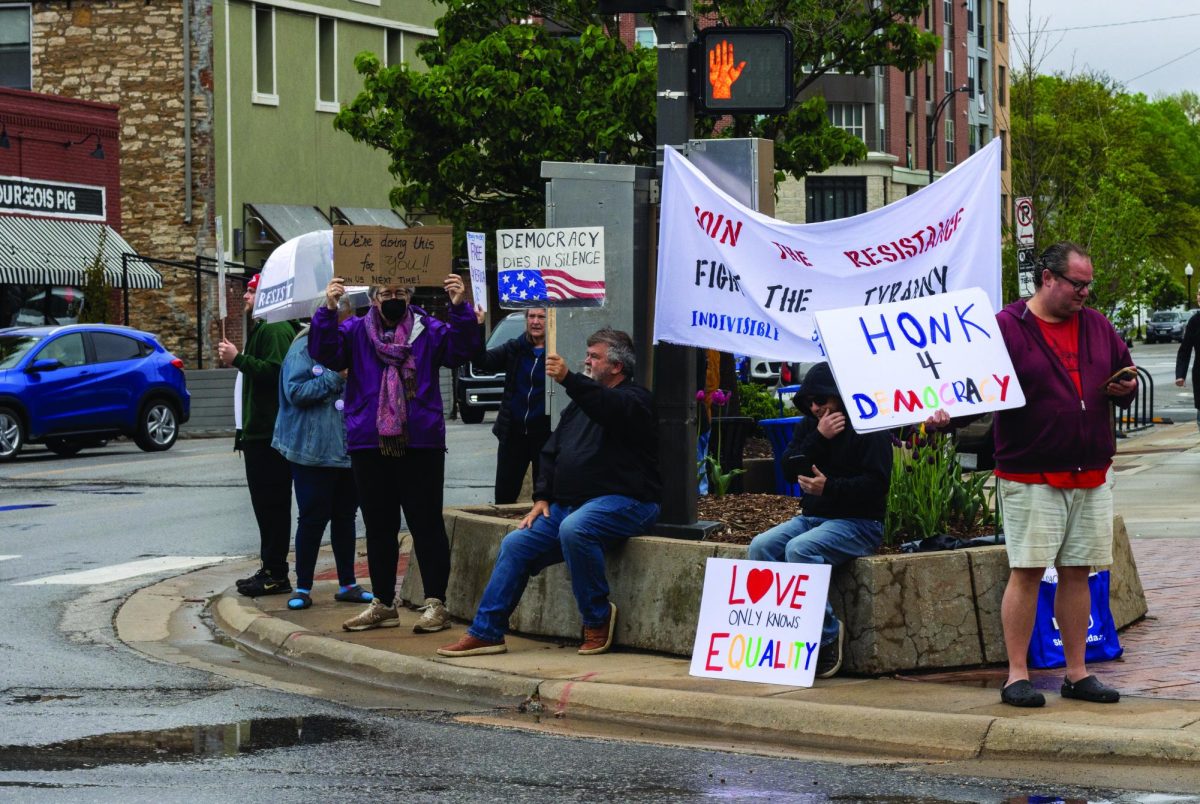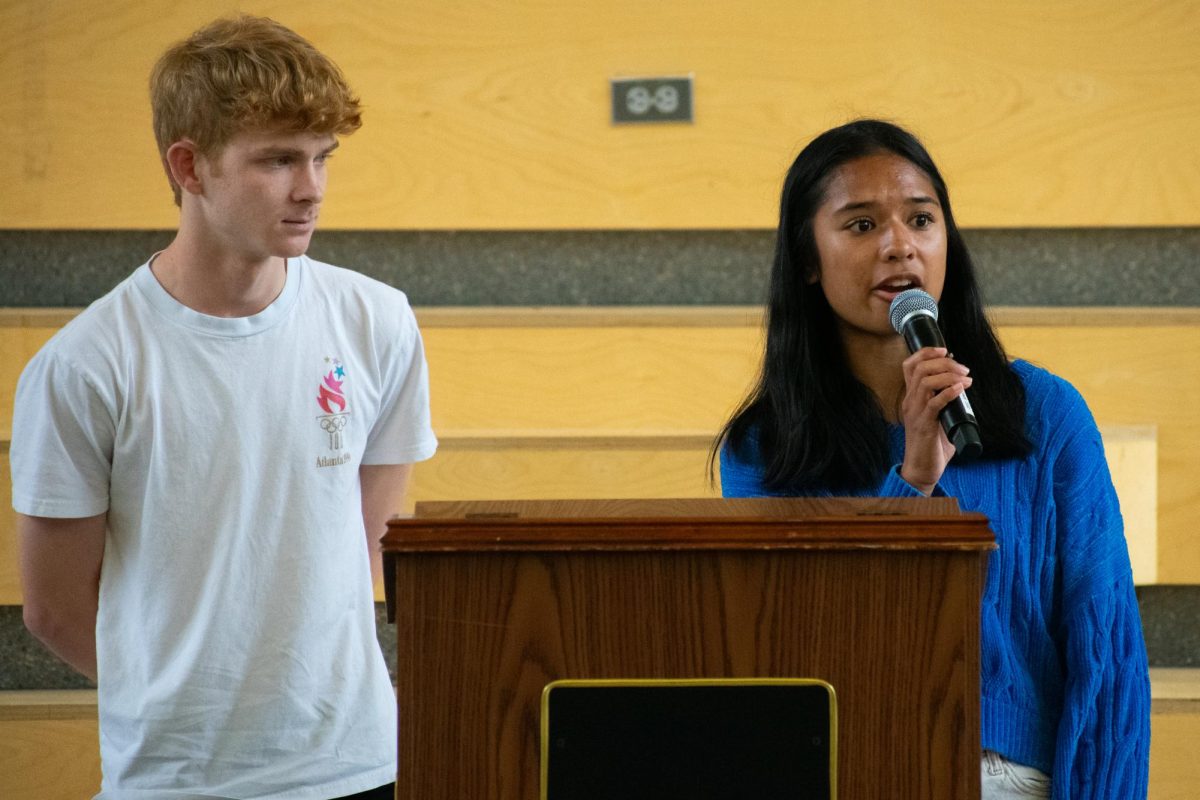Before settlers arrived in Kansas, the Wakarusa Wetlands occupied 17,800 acres of land. Currently, only 927 acres remain. On March 5, Lawrence city commissioners approved the proposed New Boston Crossing development to be built between the Wakarusa River and the K-10 highway, filling in the wetlands on this land.
The New Boston Crossing development would include land for commercial and residential use. The development would sit upon a part of the extinction-threatened wetlands biome.
Currently, a portion of the Wakarusa Wetlands are protected by Baker University and Haskell Indian Nations University. They use this land to conduct research and to protect these lands from further harm.
However, according to Haskell researcher Courtney King, the currently protected land is only a small fraction of the Wakarusa Wetlands that once existed“The ecologies of the Wakarusa River Valley were once described as a beautiful mosaic of wetlands and tall grass prairies,” King said during the March 5 city commission meeting. “The Haskell and Baker wetlands are only a tiny fraction of the once mighty Wakarusa Wetlands. 0.1% of the original 17,800 Acres of wetlands and wet prairie remain mainly in the Haskell and Baker Wetlands.”
With over 99% of the wetlands being lost, this heightens concerns about the impacts of developments on the wetlands for researchers like Dr. Robert Hagan, the field education coordinator for the environment studies department at the University of Kansas. He expresses the need for connections between waterways for animals to move between waters.
“Areas along rivers and wetlands provide important corridors for animals to move upstream and downstream and in and out of the water. With losing that, you start to lose the connections and create a greater risk of local extinction of particular species,” Hagan said.
The filling of the floodplain and the deconstruction of the wetlands would lead to harsher flooding in the future due to the displacement of the water and the lack of buffer between the river and future developments next to the wetlands and downstream on the Wakarusa River, according to Hagan.
The effects of this development and the further shrinking of the wetlands will be seen for the future of Lawrence. Some students, like senior Becky Coston, plan on staying in Lawrence and worry about the future effects of New Boston Crossing. After watching a TikTok posted by @KansasHikes to spread awareness about the new construction, she became concerned about what this new development would mean for the wetlands. For Coston, one of her biggest concerns was the long-term impact of climate change on the wetlands.
“Wetlands are commonly known as the first line of defense [against flooding], but people don’t understand how that works. People say, ‘Oh, well, you can take out the wetlands and just create new wetlands.’ It doesn’t work the same, because it’s not an established wetland,” Coston said. “You don’t have the same plant species that are regenerating every single year, you don’t have the animal species that come back every year, and you don’t have the established waterways and currents.”
Furthermore, junior Cooper Elo expressed disappointment with how this new development affects the public perception of Lawrence.
“Lawrence has built a culture around being progressive, it’s why we adopted LFK, and this would just be a major step against years of hard work for the people around us, and for the future of Lawrence,” Elo said.
Alongside issues of climate change and its effects on the wetlands, concerns were raised about the history of indigenous children being buried under the Wakarusa Wetlands during the commission meeting.
King explained, during the section for public input, the history of Haskell and its original purpose as a boarding school for indigenous children who were forcibly removed from their homes. According to her, it is estimated that 500 to 1,000 children disappeared from Haskell enrollment and are likely buried in the Wakarusa Valley to this day.
“I have yet to hear of efforts to implement ground-penetrating radar studies, which is truly sickening. Children are buried in the Wakarusa River Valley. They deserve justice and the city commission must work to right these wrongs,” King said.
While the city commission has voted in favor of the New Boston Crossing development, due to its floodplain status, FEMA and the Army Corps of Engineers will have to survey the area to see if it is suitable to be leveled and for new construction to begin. Bill Strumble, one of the developers of the project, estimates that these studies would likely happen in June or July.






